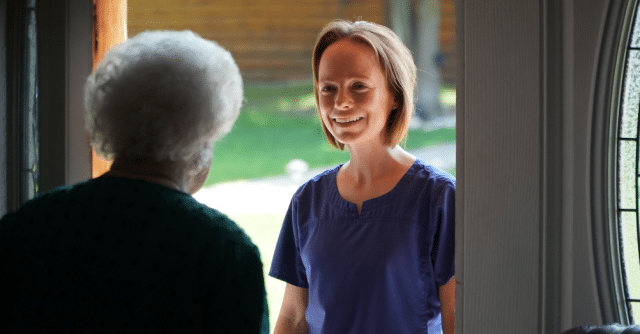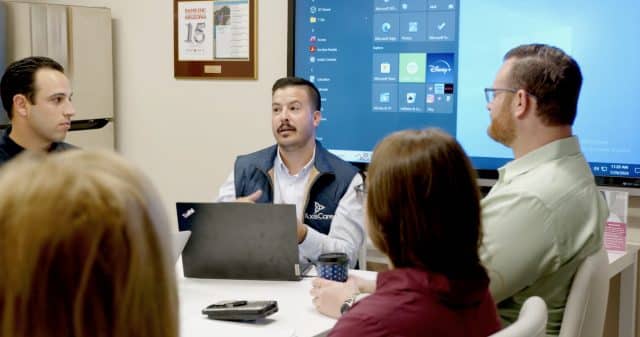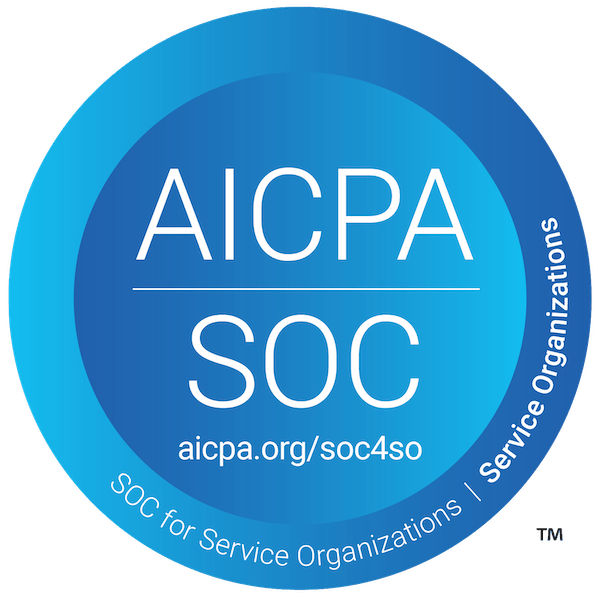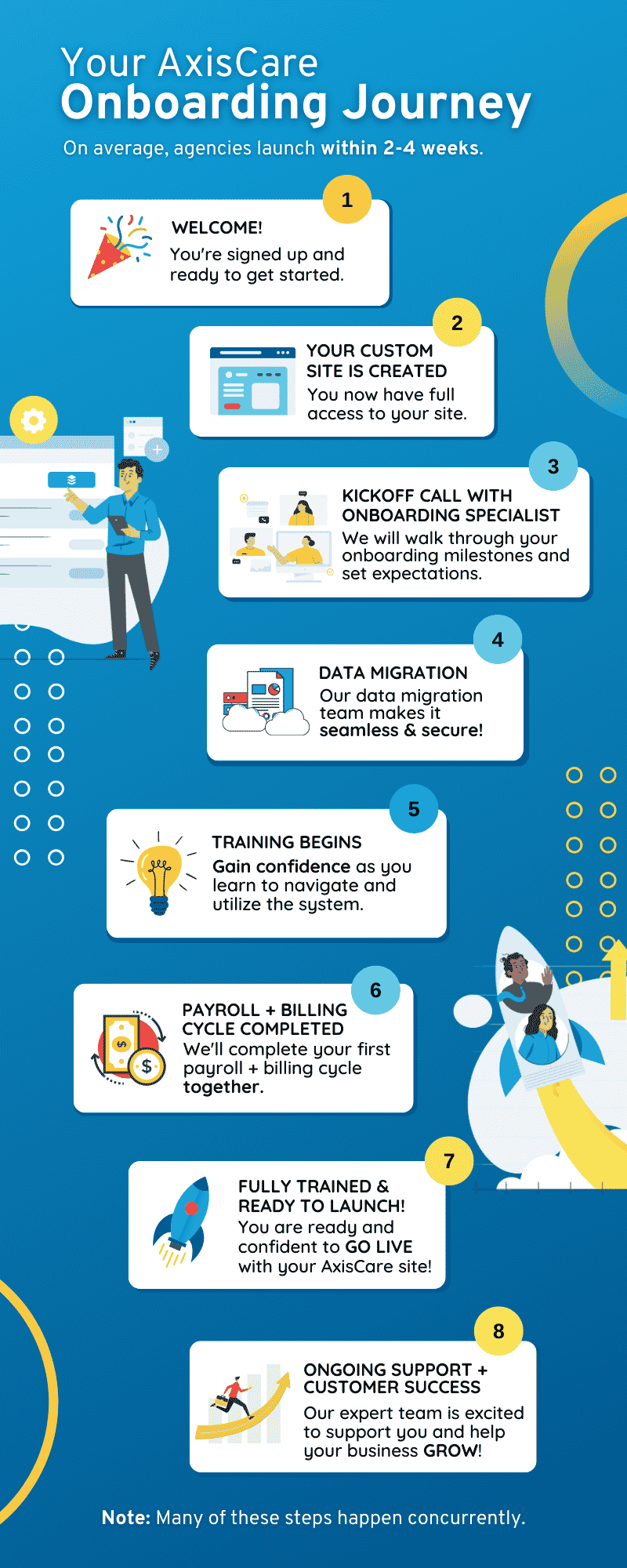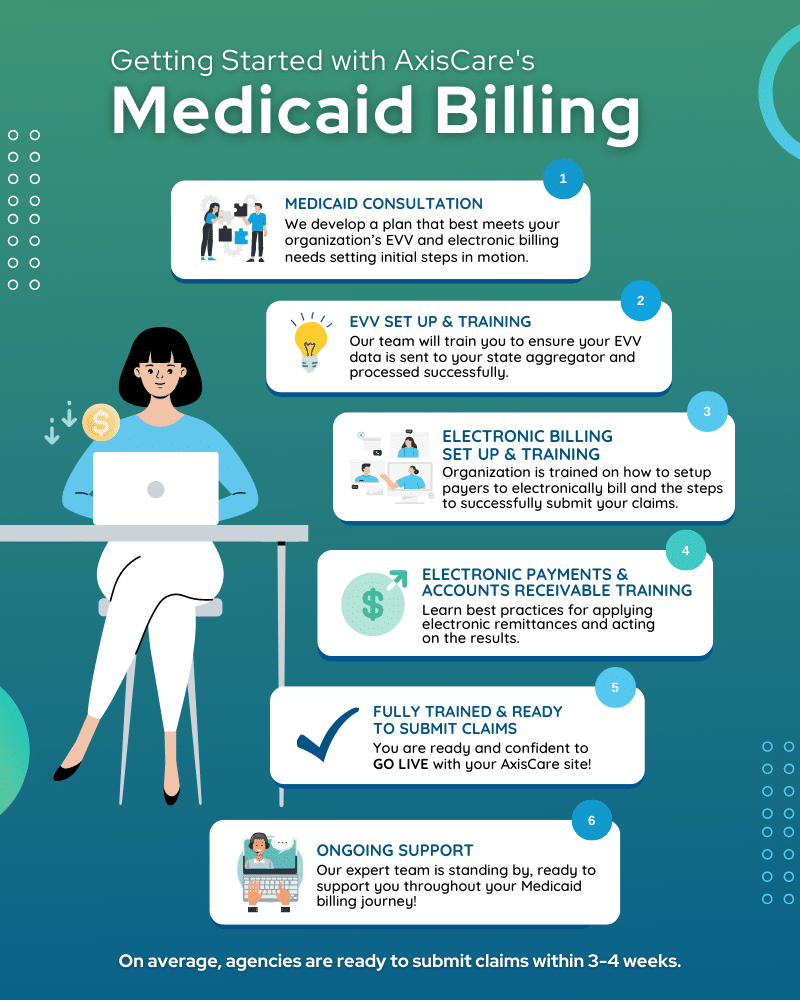Glossary of Terms
A
Personal care tasks that help seniors engage in routine activities, such as using the toilet, bathing, dressing, eating, cooking, and moving around within their home.
C
A caregiver job description provides a summary of the key tasks, duties, and responsibilities expected of a caregiver. It typically includes assisting with personal care, administering medication, providing companionship, and aiding with daily tasks.
Care plans include tasks and goals to help caregivers provide the best physical, mental, and emotional wellbeing care. This document describes the home care services needed and when the client would like to initiate care.
Companion care, or companionship, provides seniors with non-medical support, including emotional support, friendship, and socialization. Common activities include conversation, mental stimulation (playing games, going for a walk, listening to music), meal prep, laundry and light housekeeping, grocery shopping and errands, transportation to appointments and social events, and reminders for hygiene and grooming.
E
Electronic Visit Verification (EVV) is a technology that confirms service visits in homes or communities, ensuring services are accurately provided and billed. The 21st Century Cures Act of 2016 mandated EVV, with states choosing their implementation model: Provider Choice, MCO Choice, State Choice, or Open Vendor. More details can be found in our blog post.
An electronic health record (EHR) is a digital version of a patient’s paper chart. EHRs are secure, real-time records that make information such as medical history, diagnoses, medications, treatment plans, immunizations, allergies, test results, and more available instantly. EHRs are designed to share information with other health care providers, such as laboratories and specialists, so that important care information can be shared with all providers involved in the patient’s care.
An electronic medical record (EMR) is a digital version of a patient’s paper chart and contains the medical and treatment history of patients at one agency. The difference between an EMR and an EHR is the accessibility of the patient’s information by other health care providers. EMRs are usually housed within one system and unable to “travel” to other EMR systems.
EVV training is a term used to describe the learning process associated with Electronic Visit Verification (EVV) systems. It involves teaching users how to effectively operate the EVV system, which is a tool used for electronically recording and confirming service delivery details.
H
HIPAA is a federal law designed to protect patients’ medical records and other health information that is provided to health plans, doctors, hospitals, and other health care providers. Developed by the Department of Health and Human Services, these new standards give patients access to their medical records and more control over how their personal health information is used and disclosed.
Home care leads refer to potential clients who are in need of home care services. These leads are individuals who have expressed interest in or have been identified as potential candidates for home care services based on their age, medical condition, or other factors that suggest a need for assistance with daily activities.
Home Care scheduling software assists non-medical care providers with scheduling, billing, record keeping, visit verification, and inter-agency communication. (Capterra, 2021)
Home health billing software allows home care agencies to keep track of the services they provide to clients and the payments they receive for those services. It helps to simplify the billing process, reduce errors, and ensure that the home care agency is paid promptly and accurately for the care they provide.
Home Health Care is medical care provided in the home by a skilled medical professional. Examples of home health care include skilled nursing care, physical, occupational, and speech therapies.
L
Live-in shifts are scheduled for a 24-hour period.
Coverage that helps policyholders pay for long-term care in their home or an assisted living facility.
M
The United States health program for eligible individuals and families with low incomes and resources. States and the U.S. government share the cost of Medicaid, with states administering the program according to federal requirements.
N
Observed annually on the third Friday of February, National Caregivers Day honors caregivers for their dedication to providing essential care. This day raises awareness about caregivers’ challenges and encourages gratitude, advocacy, and support for their vital role.
Non-medical home care refers to support at home that does not involve medical skills; services include light housekeeping, running errands, or offering pleasant companionship.
P
Personal care, at its core, involves assistance with day-to-day activities to support an individual’s health and well-being, especially in a home care setting. This includes, but is not limited to, bathing, dressing, grooming, and feeding – essentially any support that aids in maintaining a person’s dignity, comfort, and quality of life.
Personal care software is a type of computer program designed to help individuals or home care agencies manage personal care services for clients or patients. This software typically includes a range of features that help with scheduling, record-keeping, billing, and communication between caregivers and clients.
Person-centered care is a practice in which patients actively participate in their own medical treatment in close cooperation with their health professionals.
Point of care (POC) refers to the provision of medical care or diagnostic testing immediately at the time and location of patient care. This encompasses a broad range of healthcare services, including diagnostic tests, treatments, and patient monitoring provided by healthcare professionals directly where patients receive care, such as at the bedside or in the examination room.
Point of care documentation (POC) is a process in which providers document patient or client care activities in real-time at the bedside or point of care using electronic health record (EHR) systems, mobile devices, or paper-based documentation tools.
Point of Care (POC) software refers to the technology systems that enable healthcare professionals to provide medical care services and capture patient data in real-time at the patient’s home.
Unlike traditional in-home care services, private duty nurses provide one-on-one skilled medical care. They are qualified to offer this care in the comfort of the patient’s own home, or in a facility such as a hospital or nursing home. Private duty nurses are Registered Nurses (RNs) or Licensed Practical Nurses (LPNs).
Private home care is a term that describes a variety of services delivered by trained caregivers or nurses at a person’s home. These services can encompass medical care, personal care, and companionship tasks.
Professional care match is a process used in-home care services to match a client with a suitable caregiver based on the client’s specific needs, preferences, and care requirements. The process involves assessing the client’s medical condition, physical condition, and personal preferences, as well as the caregiver’s qualifications, skills, and experience. The goal is to find a caregiver who is the best match for the patient’s needs and who can provide high-quality care in a compassionate and supportive manner.
S
A senior caregiver job description outlines the responsibilities of providing compassionate care to seniors, including personal care, assistance with daily tasks, coordination with healthcare professionals, and emotional support. This role requires exceptional interpersonal skills, physical capability, and a dedication to enhancing the well-being and quality of life for senior clients.
T
Telehealth refers to the remote delivery of care using technology such as landline, mobile phones, and the internet. Remote monitoring of a patient’s situation combined with teleconferencing (when appropriate) allows the patient to remain in the comfort of their own home, saving them the stress of unnecessary travel. This technique has long been used, and beneficially, in the care of dermatology, cardiology, and neurology patients.

